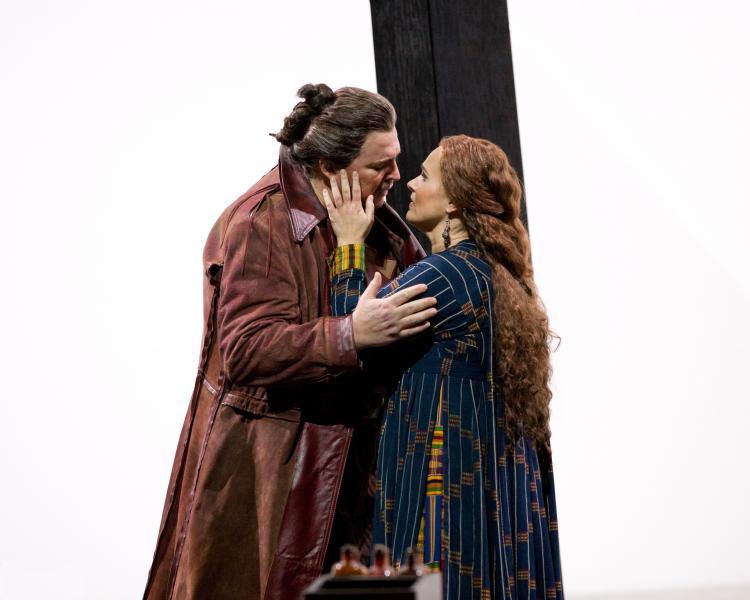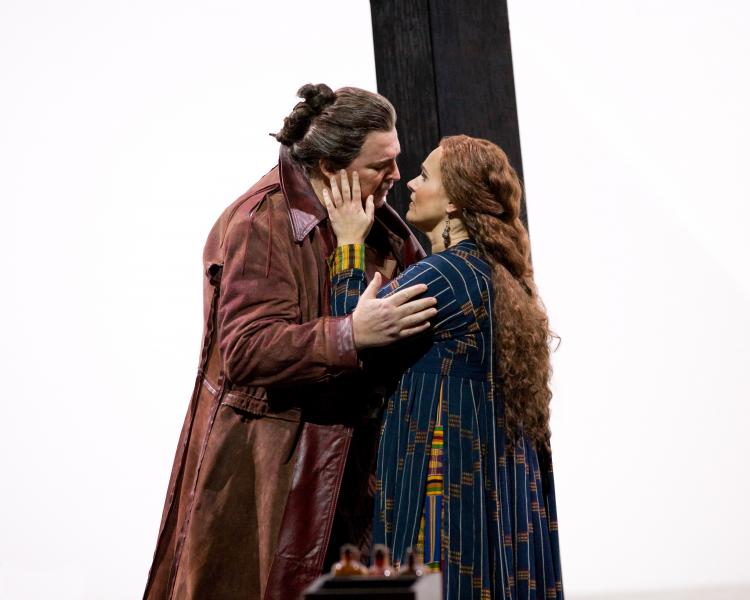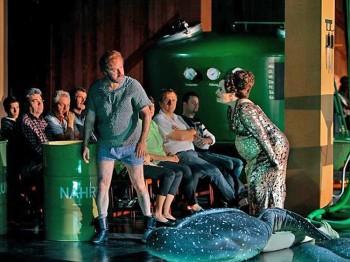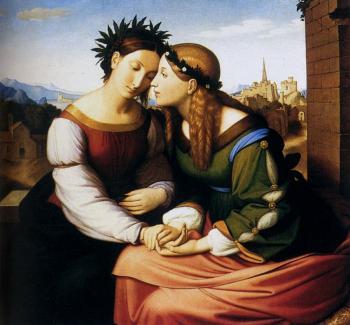Barenboim’s ‘Tristan’ Enchants Met Audience
Acclaimed Wagnerian conductor Daniel Barenboim received a standing ovation on Nov. 28 at midnight.
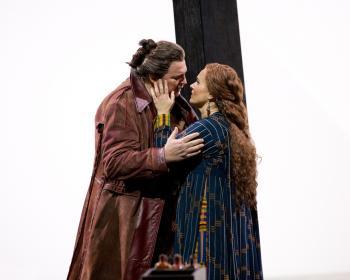
THE ULTIMATE LOVERS: Katarina Dalayman as Isolde and Peter Seiffert as Tristan in Wagner's Tristan und Isolde. Marty Sohl/Metropolitan Opera
|Updated:

